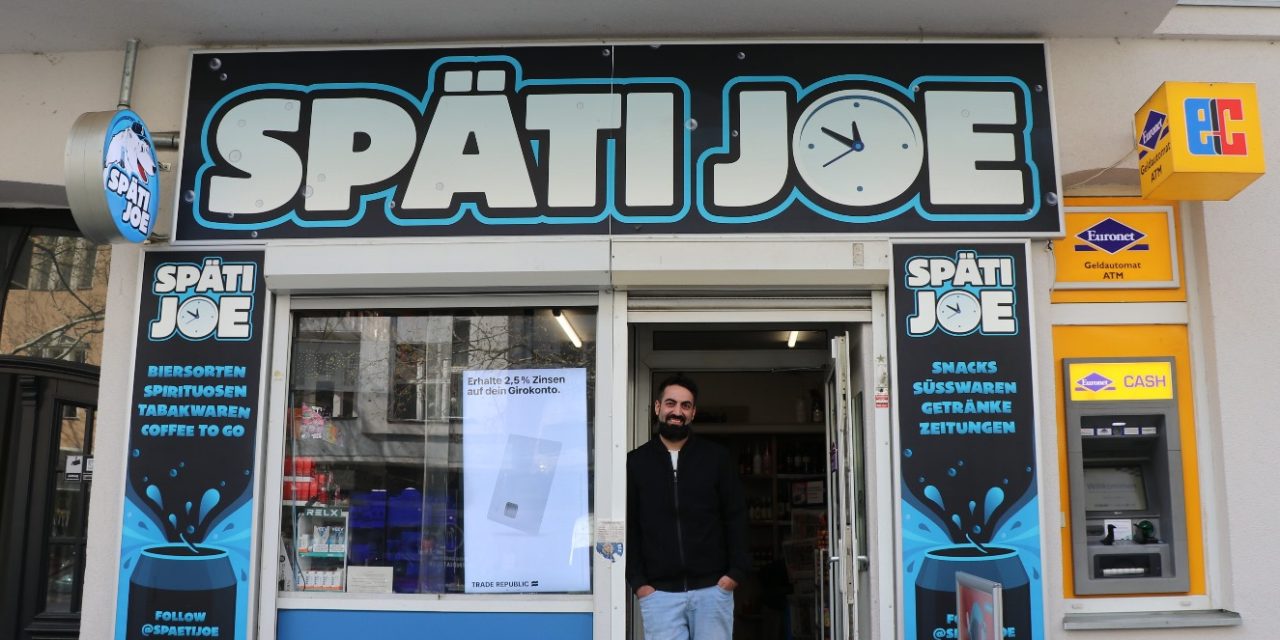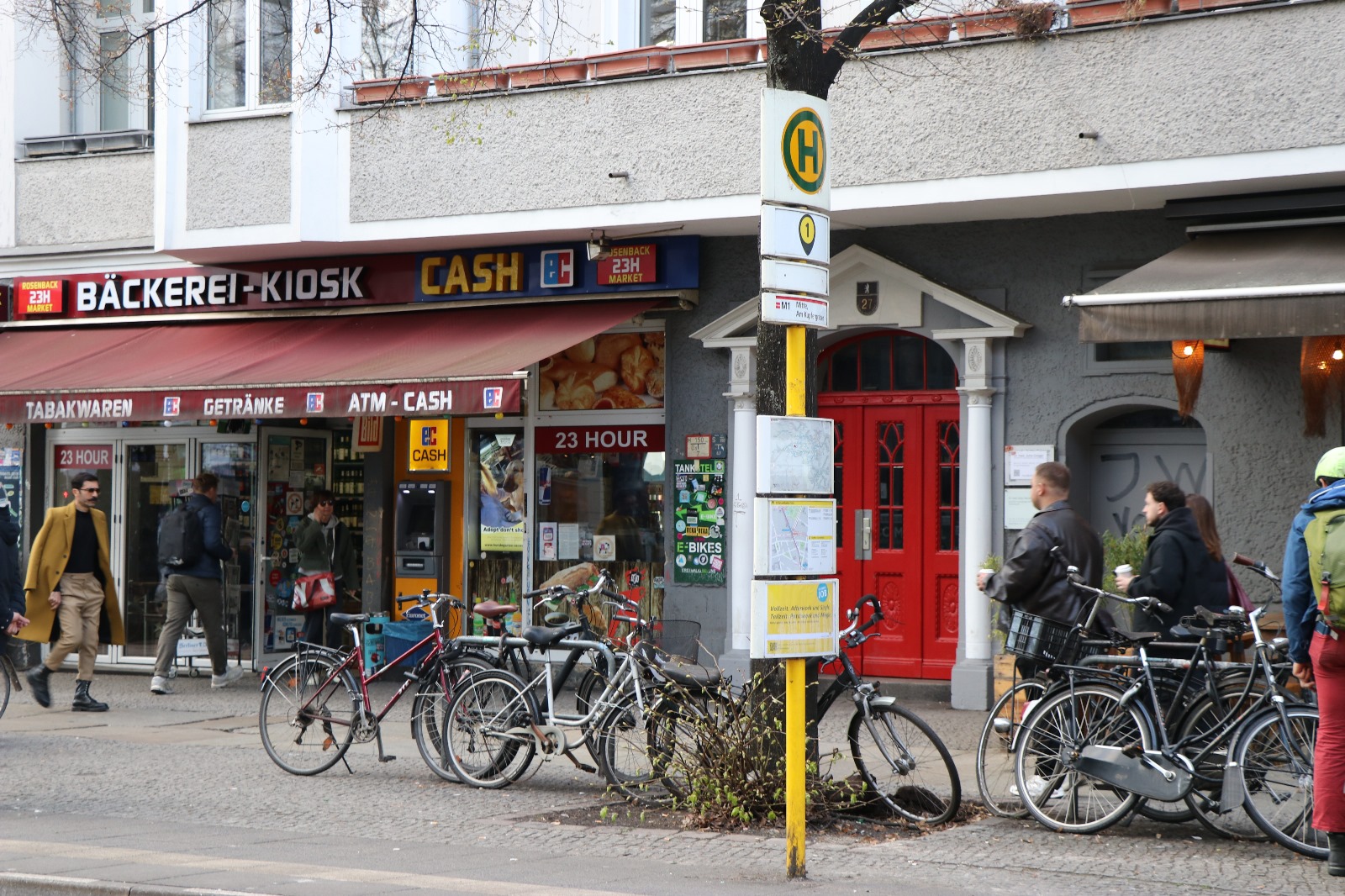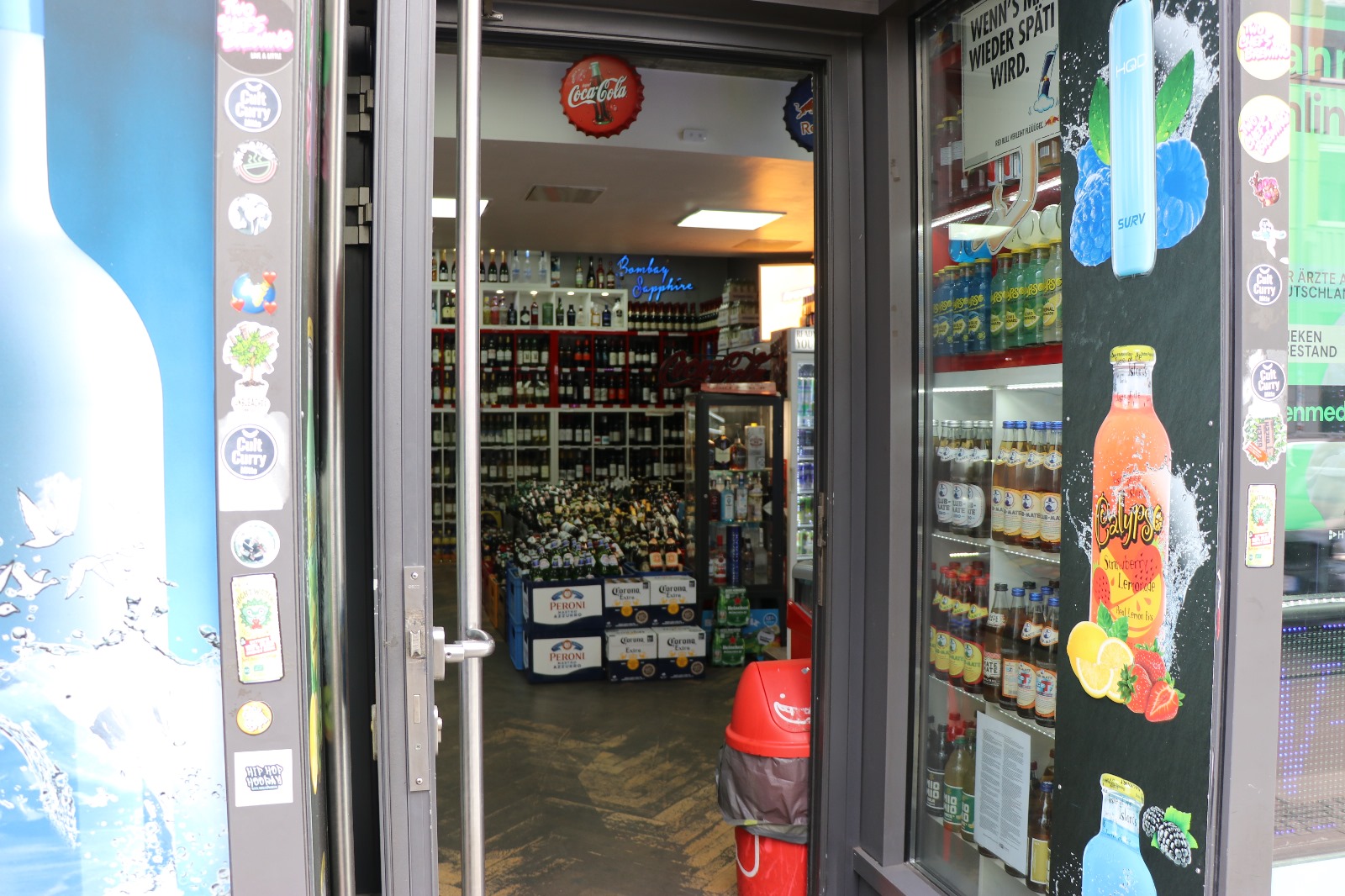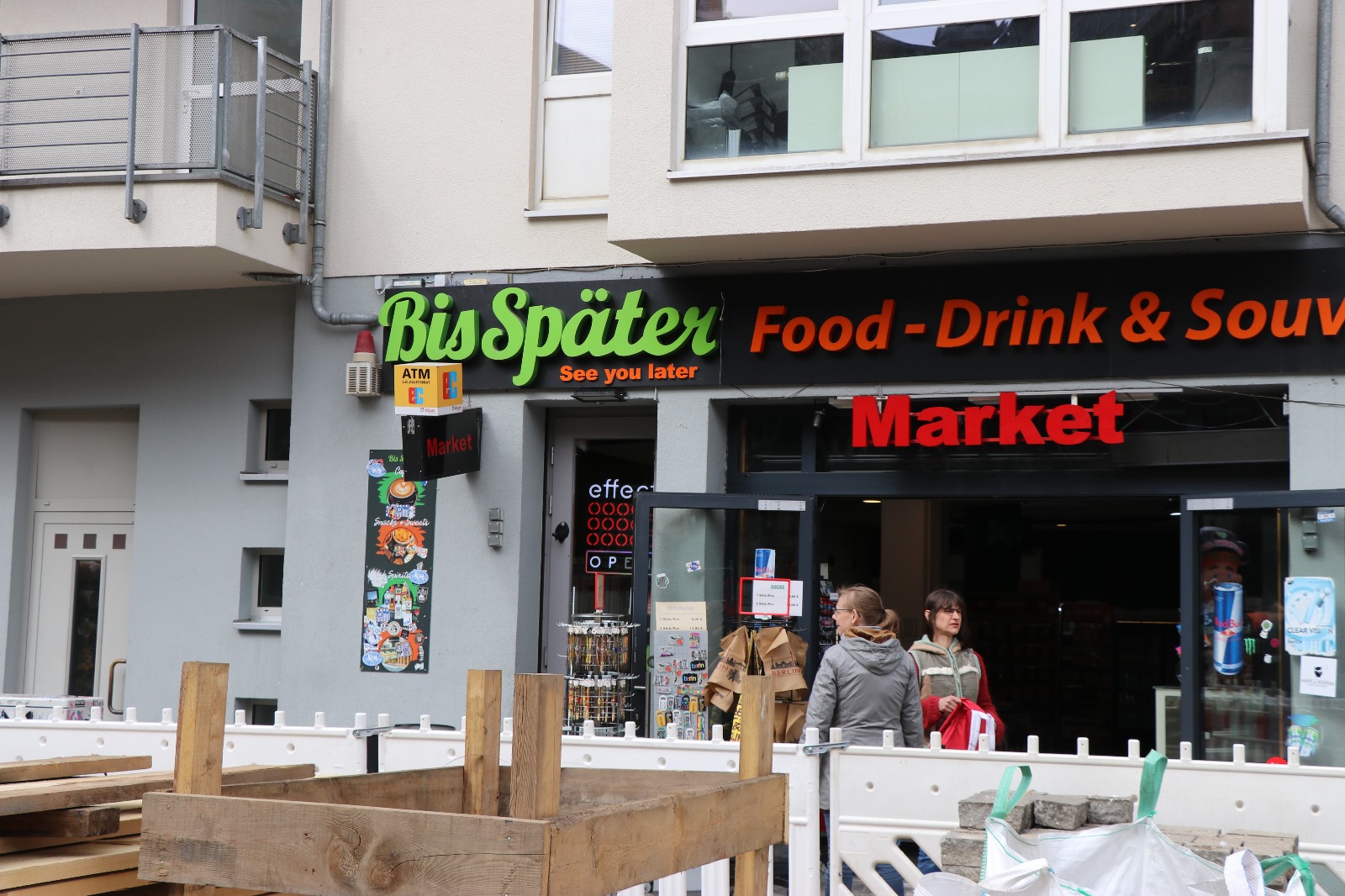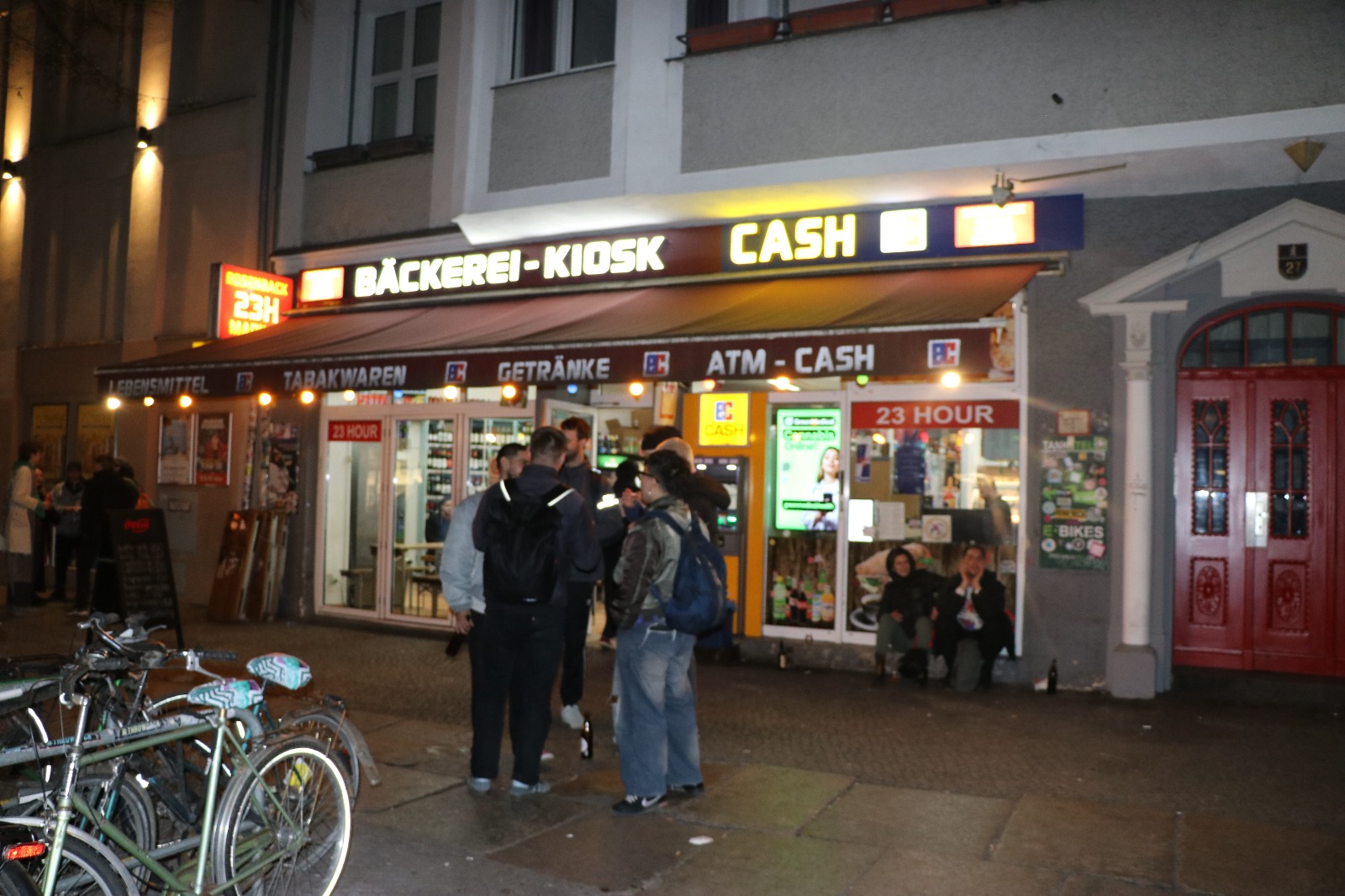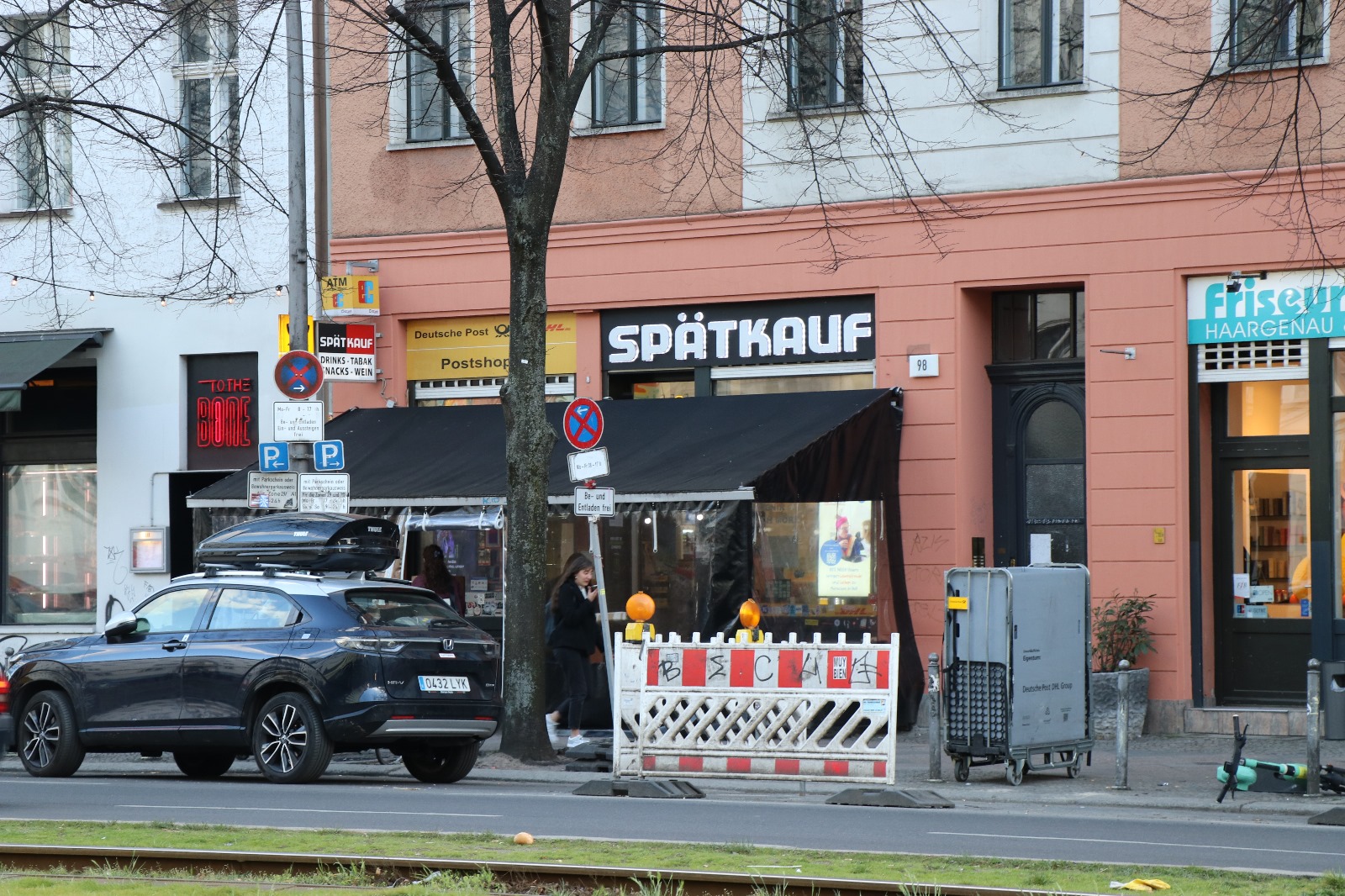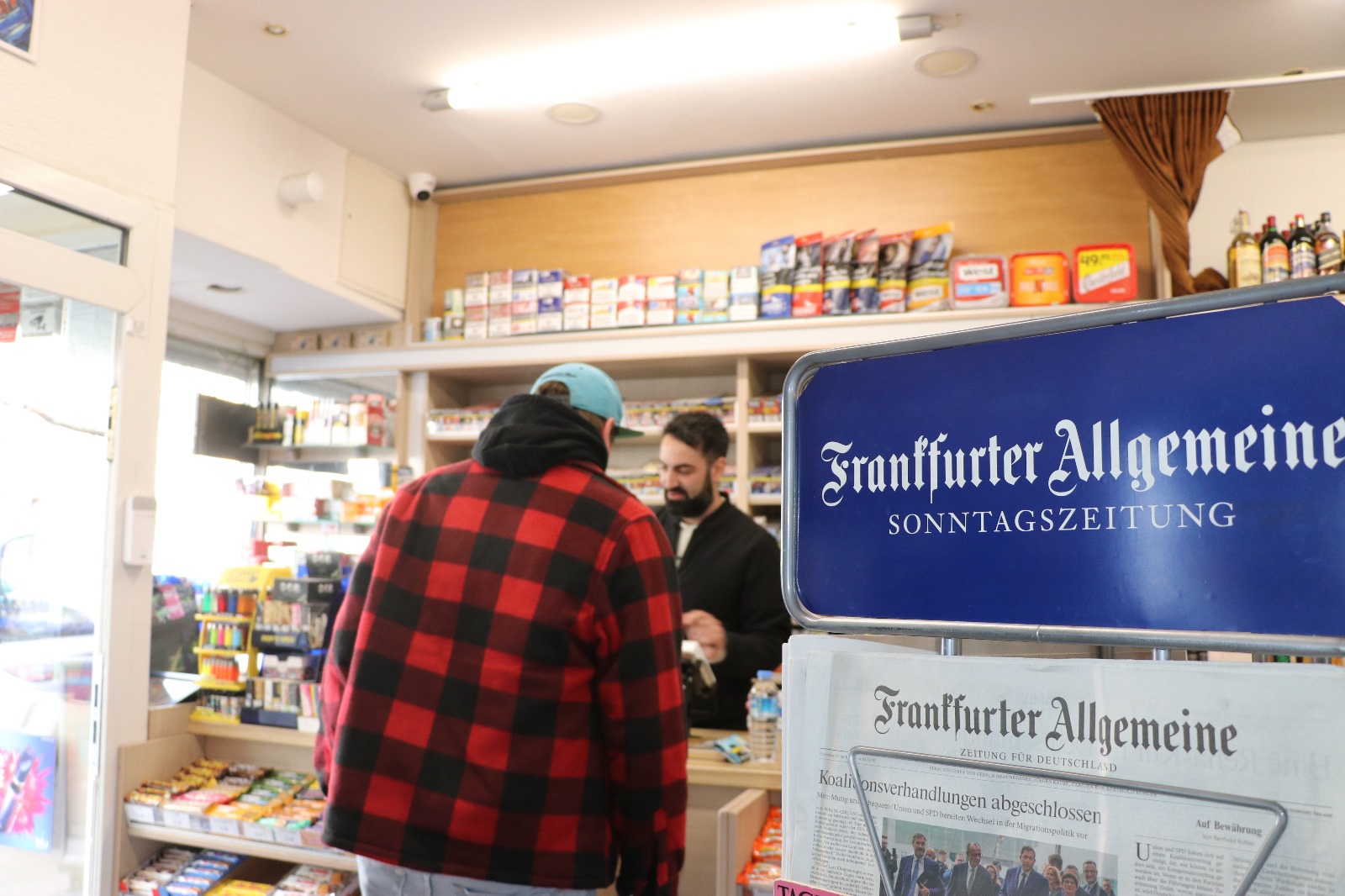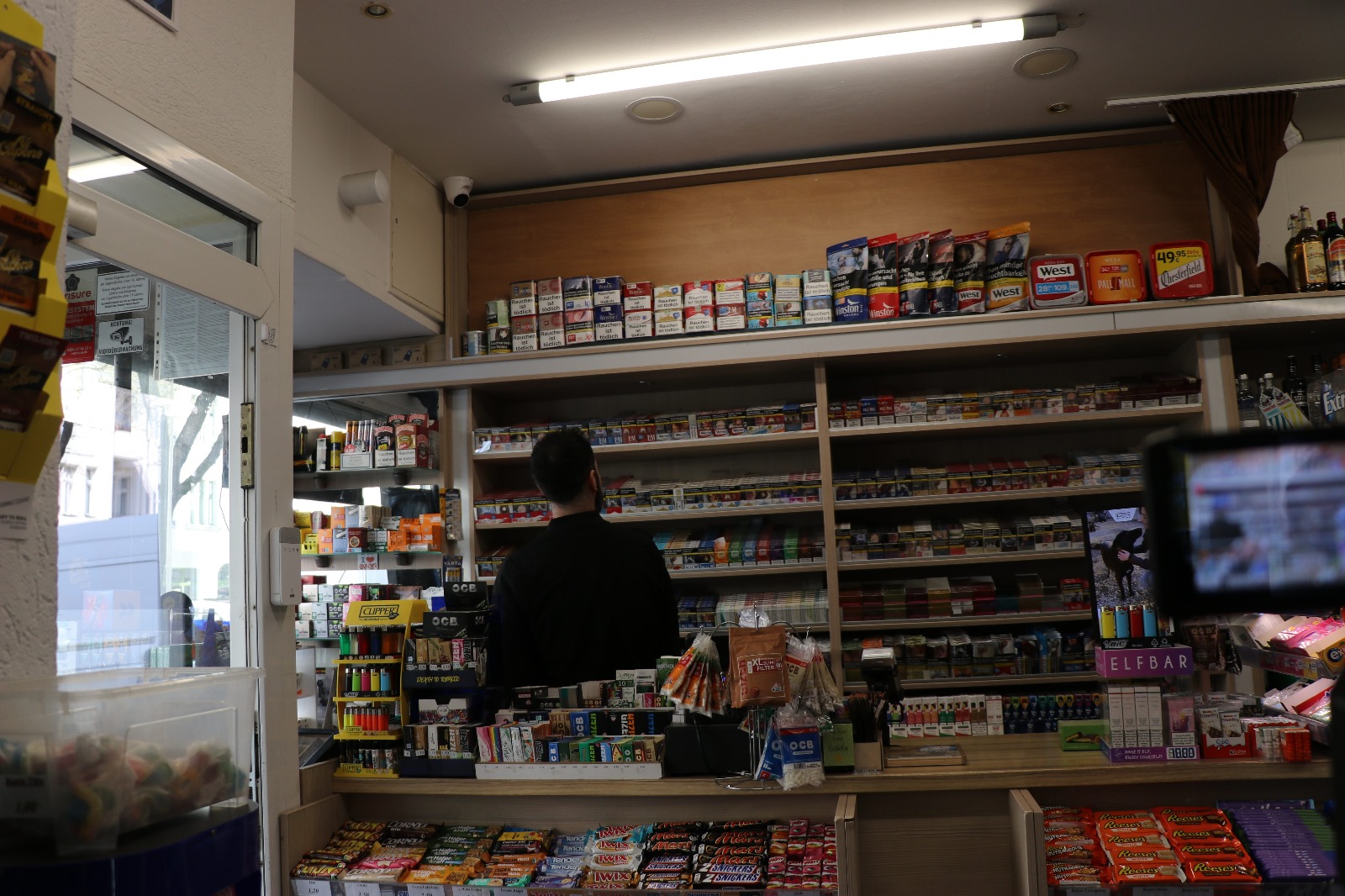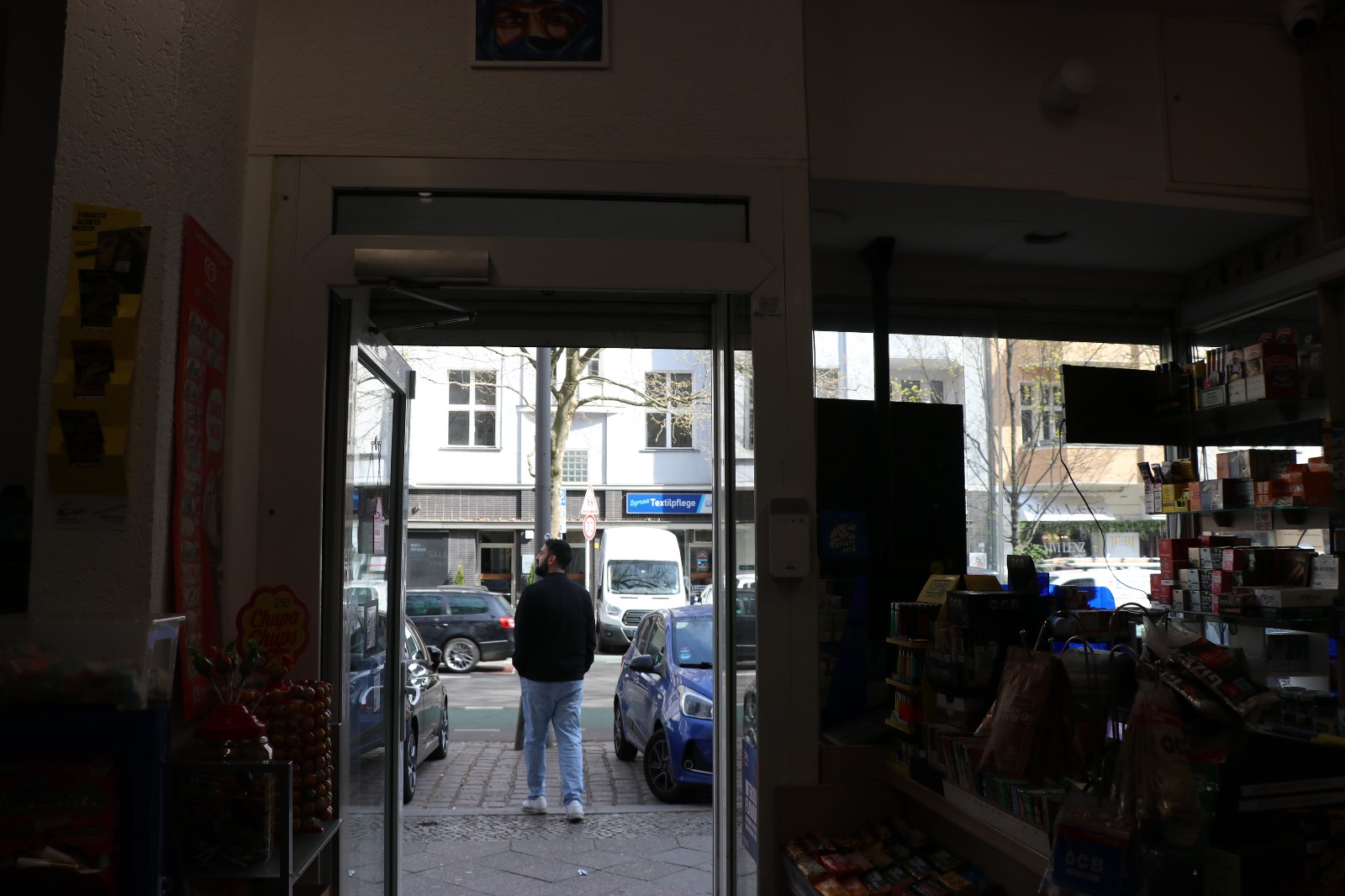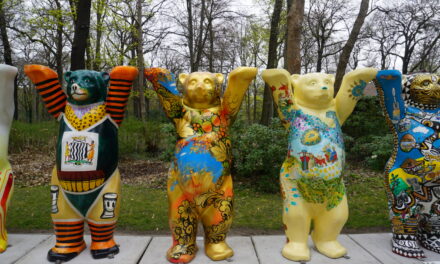At almost every corner you turn, every street you walk, in Germany’s capital Berlin you are met with a Späti. With over 1000s of these shops in Berlin comes a lot of culture. According to an article published by the German publication TAZ, over 90% of these stores are run by immigrant families, mainly from Türkiye and of Kurdish descent. At the same time right-winged political party AFD (Alternative fur Deutschland) are gaining popularity. The party has strong views on ‘remigration’ – what could this mean for the culture of Berlin Spätis?
“I would say for a long time now they [AFD] have been a threat for democracy. Elites, and not only radical right parties, but mainstream elites, have been pretty much instrumentalizing democracy. AFD has been particularly strong in this sense. I mean, with this idea about re-migration.” says Dr. Andrej Zaslove, associate professor of comparative politics, Radboud University Nijmegen.
Derived from the original word “Spätkauf”, which translates to late shops, Spätis are a convenient place for people to meet, grab a cheap beer, or a late-night snack. These establishments go back to GDR (German Democratic Republic) times. After it collapsed in 1990, many migrants who previously worked in factories lost their jobs. Following this, many of them went on to open Spätis.
“Spätis are the ones that benefit because people want to go outside and have some fun, you get a store that is open 23 hours a day, it’s perfect for every resident, it’s wonderful,” expresses Späti customer.
The rise of the far-right is becoming more popular in European politics today. According to an article published by Politico, over six European countries are dealing with far-right politics in government, including Slovakia, Hungary, Italy, Finland, Czech Republic, and Croatia.
“In the whole Western world, you see this wave of extreme right, or radical right, from Donald Trump to Marine Le Pen, Giorgia Meloni, it’s happening everywhere. So, it would be an exception if Germany was not part of it, and it has to do with immigration. Many people are really upset by immigration, especially coming from non-western countries. This is also a theme in a lot of right-wing press, the idea that there is a gap between elite and the common people, and that elites are not listening to the common people enough.” explained Dr.Koen Vossen political historian Radboud university Nijmegen.
In the latest German election that took place in February, the AFD gained success. A report published by TRT world research centre regarding the rise of the far-right in Germany states that, ‘The party’s unprecedented success in the February 2025 federal election—where it doubled its vote share to become the second-largest party in the Bundestag—marked a seismic shift in German politics. This electoral triumph was not just a victory for the AfD; it was a wake-up call for Germany, signalling a profound transformation in public sentiment toward nationalist and anti-immigrant policies.’
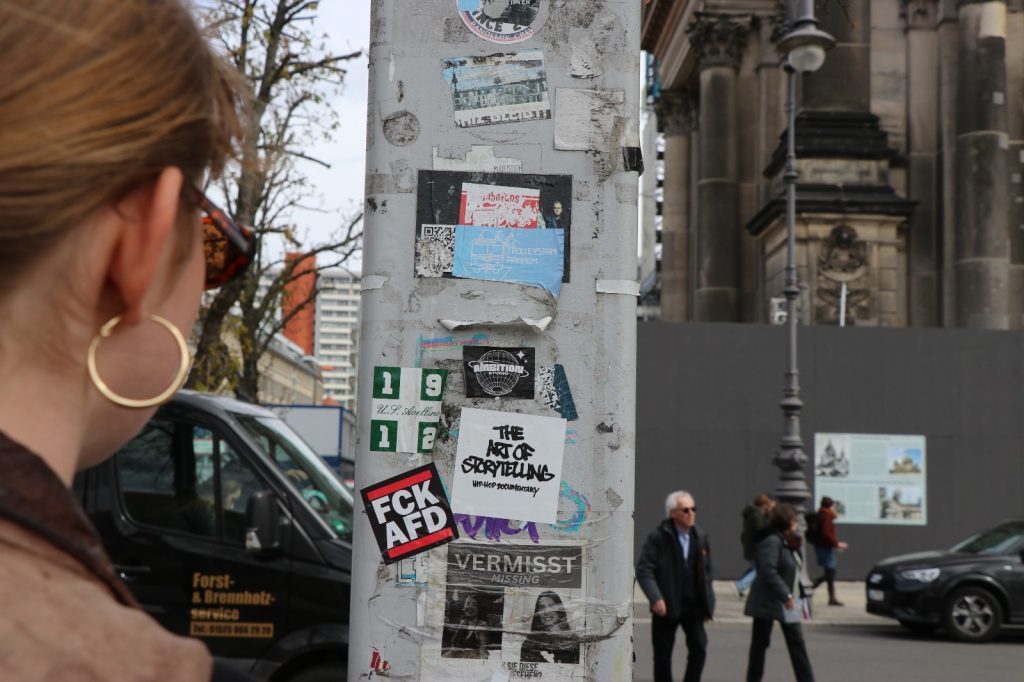
“They’re not, you know, fascists or Nazis. They’re just regular people. Part of the trick that the radical right has done is that and they’ve been able to politicize migration in a way that individuals don’t feel like they’re extreme.” says Zaslove.
The AFD’s plans for immigrants in Germany includes consistent deportations. They believe that becoming a German citizen requires at least 10 years of residence and advocate for it only if the person shows ‘best integration performance.’ The AFD are also adamant on stripping away the protection status of Syrians. In a wider sense they have expressed that they want to make countries take back their citizens and plan on achieving this by numerous measures, including economic sanctions, pausing visa facilitation and halting development aid.
Additionally, they want to leave the common European Asylum policy, deny anyone without documentation at German borders and no longer support the civil sea service.
‘An AFD-led federal government will end this failure by consequently deporting people who are not entitled to stay and who are obligated to leave the country.’
What kind of effects could the rise of the AFD party have on Späti culture in Berlin? Described as places that create a ‘strong foundation of individualism’, would the political landscape of Berlin strip the sense of community that Berliners feel when they enter their local Späti? Or will they contribute to open conversation acting as a tool for social cohesion and potentially fighting against harmful ideologies.
